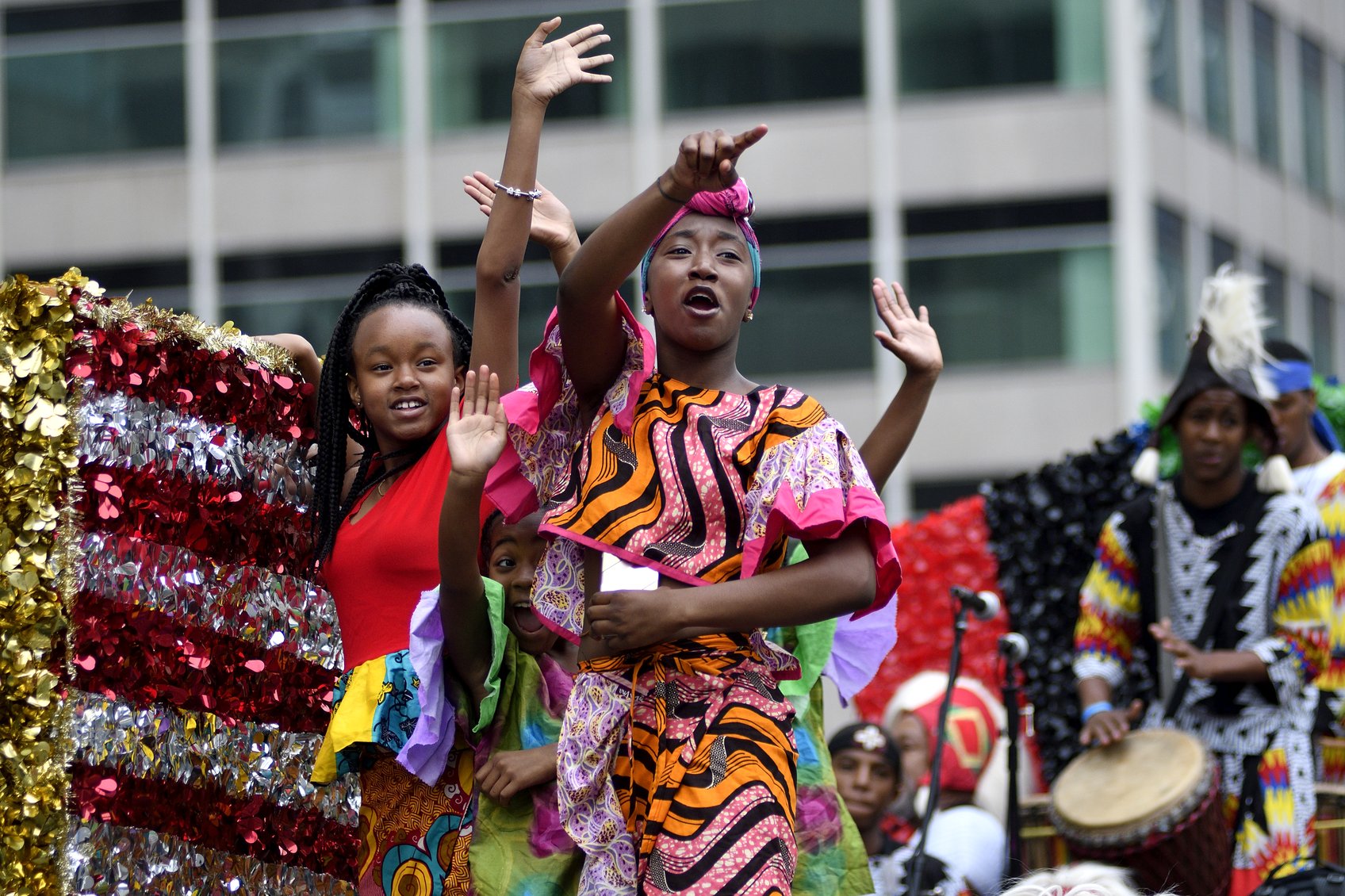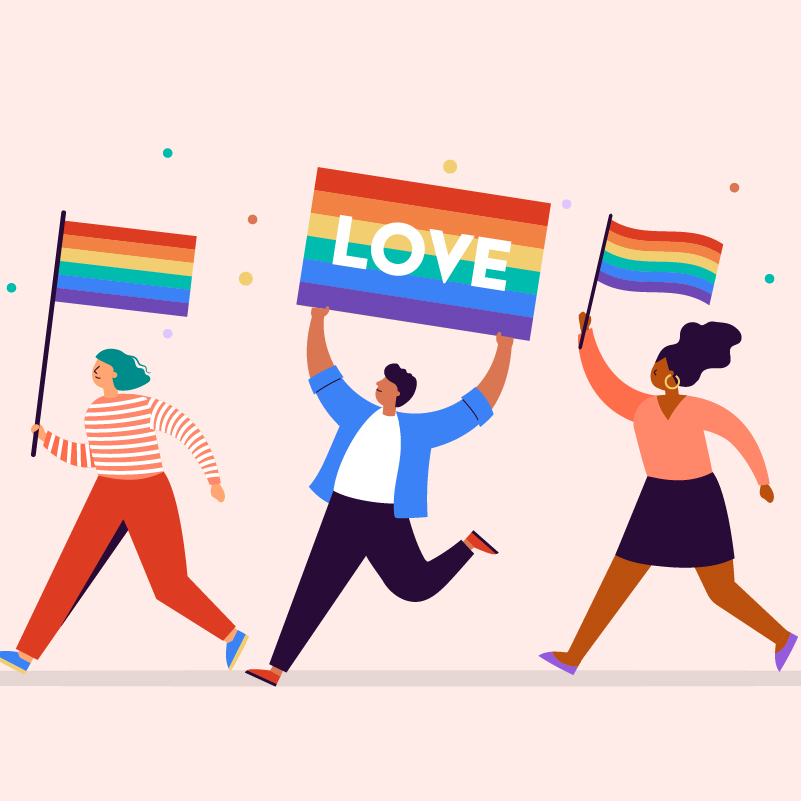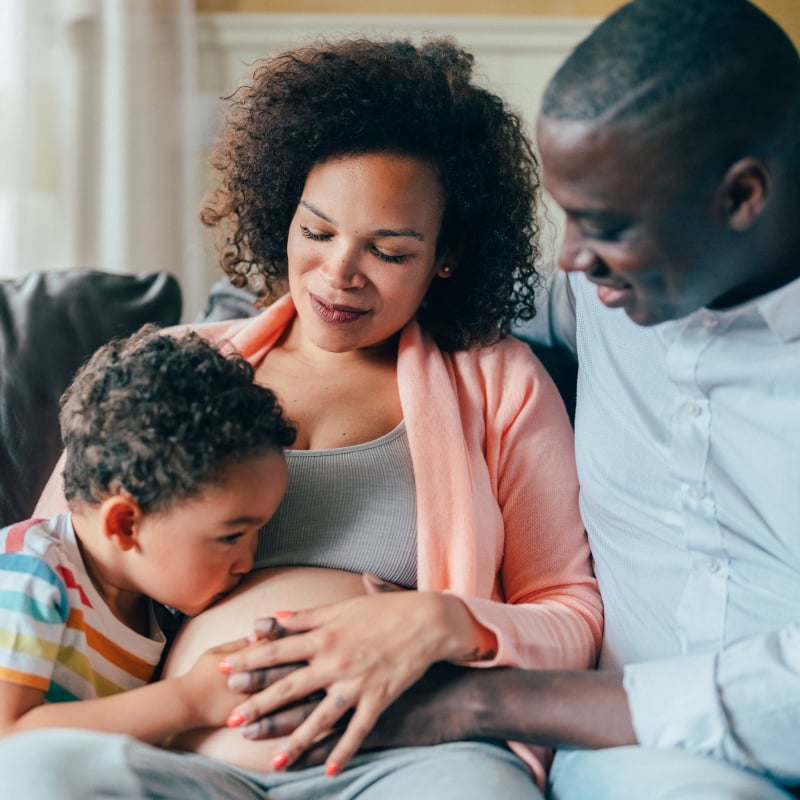Juneteenth is an annual holiday to commemorate the end of slavery in the United States. Initially a celebration of freedom, it has evolved to be much more. It is a day dedicated to honoring the culture and achievements of Black community members, and continuing to raise awareness and fight for equality.
“Recent history has given us more reason than ever to examine the ‘soul of our nation.’ For me, Juneteenth brings memories of celebration, pageantry, and black pride. The day brings memories of parades, street festivals, music, and cultural foods,” said Ebony Caldwell, Director of Diversity, Equity & Inclusion at Rochester Regional Health. “My hope is that along with these memories we never forget the history and ancestry that allow us to commemorate the day and triumph together!”
So, what exactly is Juneteenth? Here’s what you should know about the history, celebrations, and meaning behind the holiday.
What is Juneteenth?
On June 19, 1865 in Galveston, Texas, enslaved African-Americans were informed that they were freed and the Civil War had ended. Although the Emancipation Proclamation, was issued over two years prior, not all slaves had yet learned they were free
A year later, freedmen in Texas came together to organize what would be the first annual Juneteenth. In the coming years, the day would continue to be celebrated with music, parades, prayer services and more—a tradition that would spread throughout the United States.
In 1979, Texas was the first state to make Juneteenth an official holiday. Today, the holiday is official in 47 states, including New York, as efforts continue to recognize the day nationally.
Celebrations throughout history
At the time of the first annual Juneteenth celebration, national Black leaders were debating the importance of remembering other milestone anniversaries, such as September 22, when Lincoln issued his Emancipation Proclamation.
However, the freed people of Texas moved forward with celebrating Juneteenth, a day they spent remembering family members, assessing progress towards freedom, and educating future generations. With a focus on self-improvement, celebrations often included motivational or religious speakers and prayer services.
The early years
Readings of the Emancipation Proclamation, religious sermons, spiritual services, and sharing food—decorated the new tradition of Juneteenth. Family and friends would gather to celebrate and feast all night long. People dressed in their best clothes, decorated wagons, and played music. Juneteenth was truly a time to rejoice!
Spreading over states
One person, one family at a time, Juneteenth made its way across state lines. Texas freedman took to Los Angeles, Seattle, and other western states, bringing their annual celebrations and traditions with them.
In the early 1900s, celebrations of Juneteenth seemed to dwindle—and nearly fell off the calendar in states outside of Texas. Due to new segregation laws and inequity throughout the United States, some Black community members disconnected from their history—and in some cases, the faith that drove their celebrations of freedom.
Resurgence of Juneteenth
During the civil rights movement, Juneteenth grew in popularity and again spread around the nation to various cities and communities. After the assassination of Dr. Martin Luther King Jr., a planned march was unable to be carried out.
Organizers recognized the date and the connection to Juneteenth and decided to celebrate the freedom from slavery since the march was not going to happen.
The celebration was a night rich in tradition, with food, prayer, music, dancing, and more. After, delegates from the march and the closing celebration took the tradition back home with them, reinvigorating annual Juneteenth recognition in communities throughout the United States.

Today’s celebrations
In today’s world, many traditional Juneteenth activities remain. Oftentimes, families gather together to feast, listen to music, and share stories, however there are also many larger celebrations such as parades and festivals.
While Juneteenth is a day to celebrate, honor, and remember, it is also a day to speak out. They day provides an opportunity to continue a fight for equality, raise awareness, and call attention to injustices.








